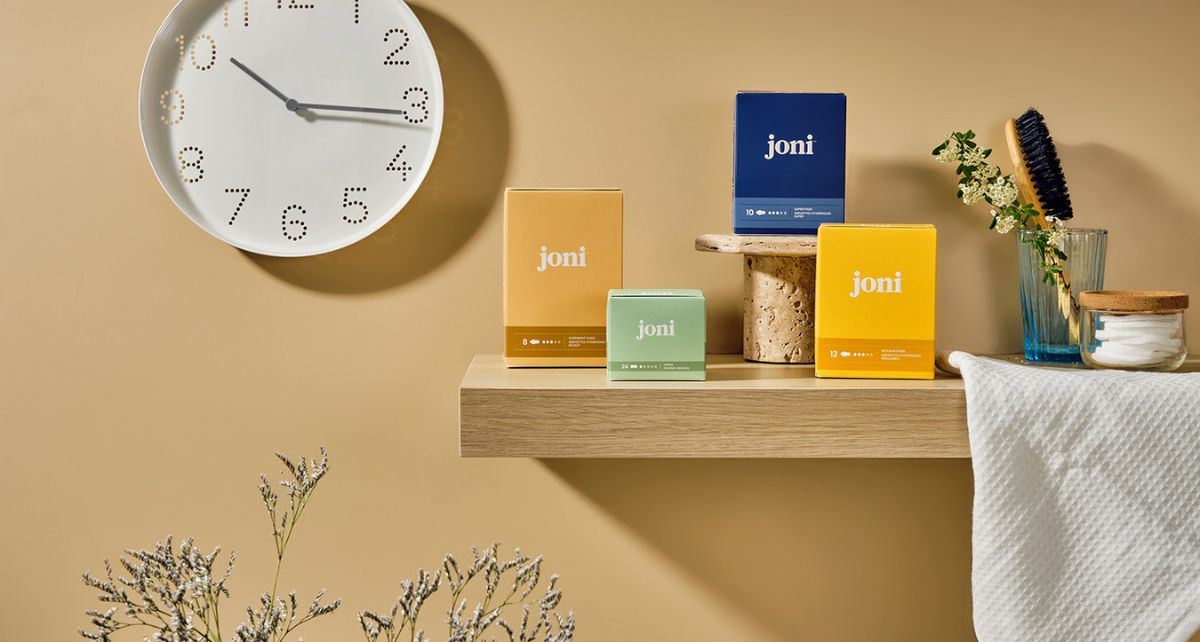Did you know that the first plastic-applicator tampon still sits in a landfill? While that was some 50 years ago, it could take 300 years or more to fully break down. We don’t bring this up to shame anyone currently using plastic period care products—far from it. You have the right to use the menstrual care products that work for your body. That’s called bodily agency. But as a disposable period care brand on a mission for period equity, we’re here to tell you that you have the right to safe, organic, and sustainable period care, too. Let’s unpack this.
Why Plastic Period Care is Hard to Quit
One in three Canadians under 25 who menstruate cannot afford the period care they need—and similar numbers are found around the world. Of those who can afford period care (of all ages), 87% report getting their period unexpectedly while at work or school, with 37% leaving to get the care they need. The inability to access menstrual care leads to workplace and school absenteeism, resulting in fewer graduations and promotion opportunities, all for the simple reason of having a period. That’s a huge number of people affected when 30% to 50% of students and employees menstruate!
There are inspiring non-profit organizations around the world working hard to level the playing field and get period care into the hands that need it most through direct donations. Even governments have started to take note, with Scotland becoming the first country to make menstrual care free in 2020. For these kinds of initiatives, disposable menstrual products are used the most since they are the most accessible for urgent care. They are practical, suit the largest majority of those in need, and they don’t require an initial investment like reusable products.
Reusable period care (like period cups, period underwear, and reusable pads) just can’t reach as many people due to barriers that include housing challenges, access to washing facilities, and physiological and neurological divergences, and personal preferences.
Disposable period care products are here to stay because they serve a very real purpose: period equity. And they can be easily distributed for urgent care needs.
Disposable Can Be Sustainable
When we started joni, we did so with a mission to fight period poverty. We determined we could make our biggest impact through disposable sustainable period care products. As a social enterprise, we started with a business plan that also included serving people and the planet in our goals. So making the most sustainable disposable products we could was imperative.
joni organic bamboo pads biodegrade by 92% and joni organic tampons by 99% within 12 months in the right conditions. joni products use organic materials and are free from added toxins, chlorine, titanium dioxide, and fragrances.
But the best part? Our products are getting into the hands of those who rely on accessible period care through our 5% give-back commitment. We’re also really excited about the fact that we can sell joni wholesale to organizations—making sustainable, disposable period care products just as accessible.
Ultimately, menstrual equity is about ensuring everyone has access to safe and effective menstrual products. By supporting sustainable menstrual products and advocating for menstrual equity, we can help to reduce our impact on the environment, while also promoting social justice and equality. By supporting sustainable menstrual products and promoting menstrual equity, we can make a positive impact on both the environment and our communities.
Originally published on April 24, 2023 and updated April 14, 2025.
